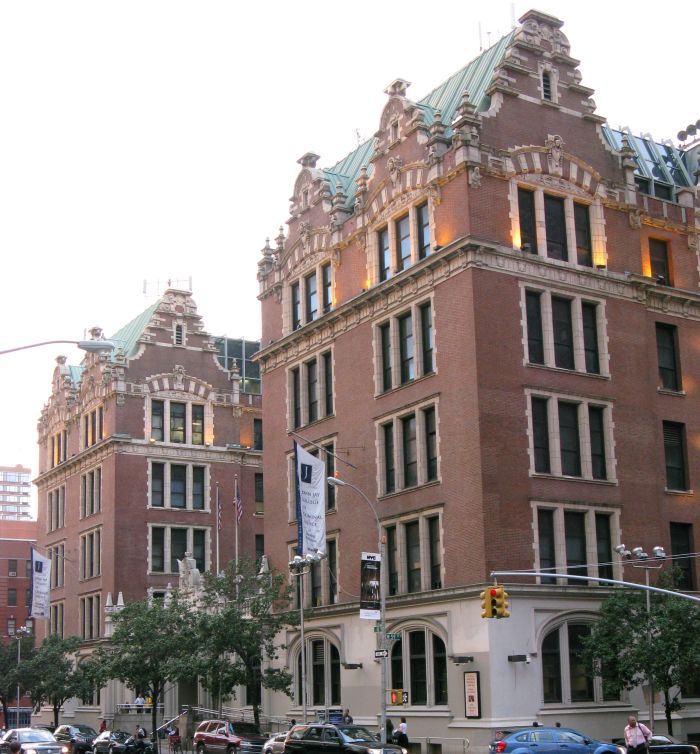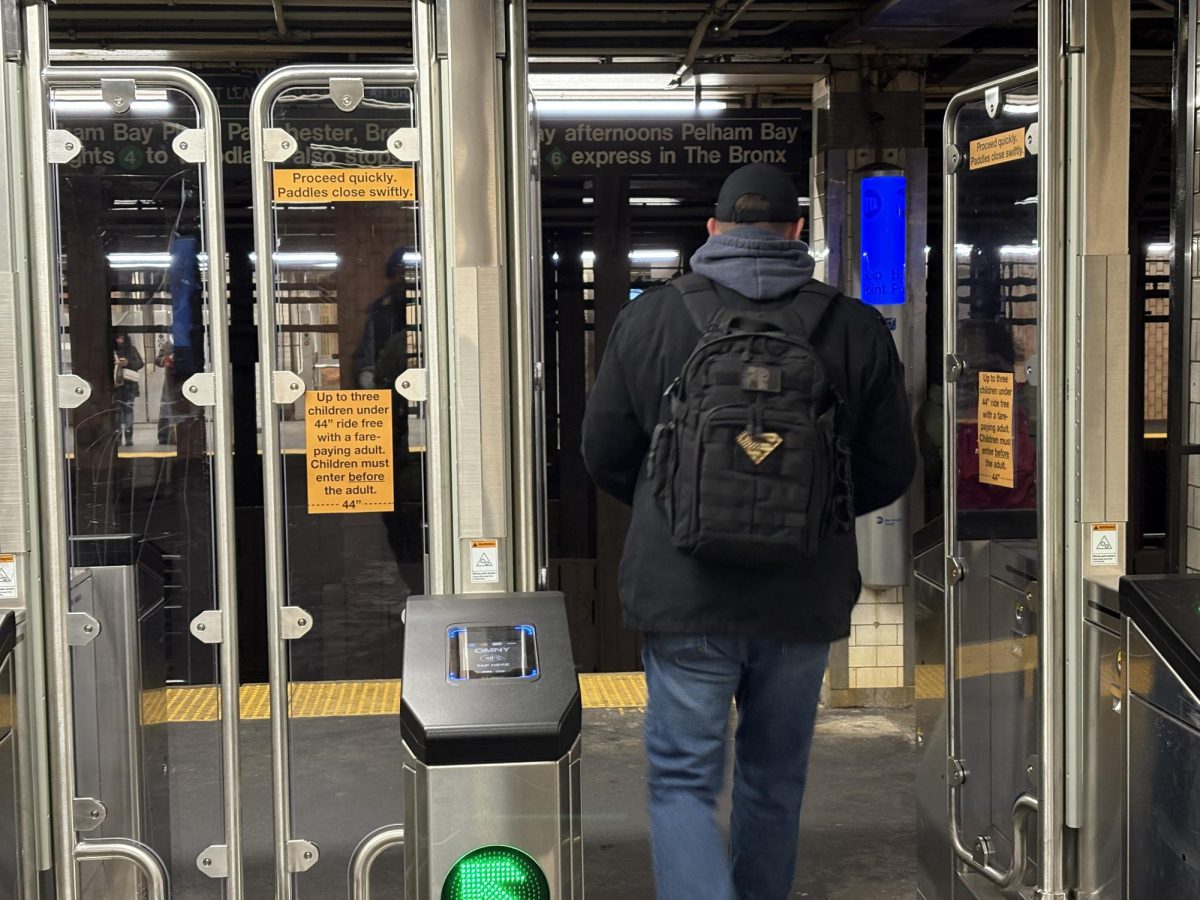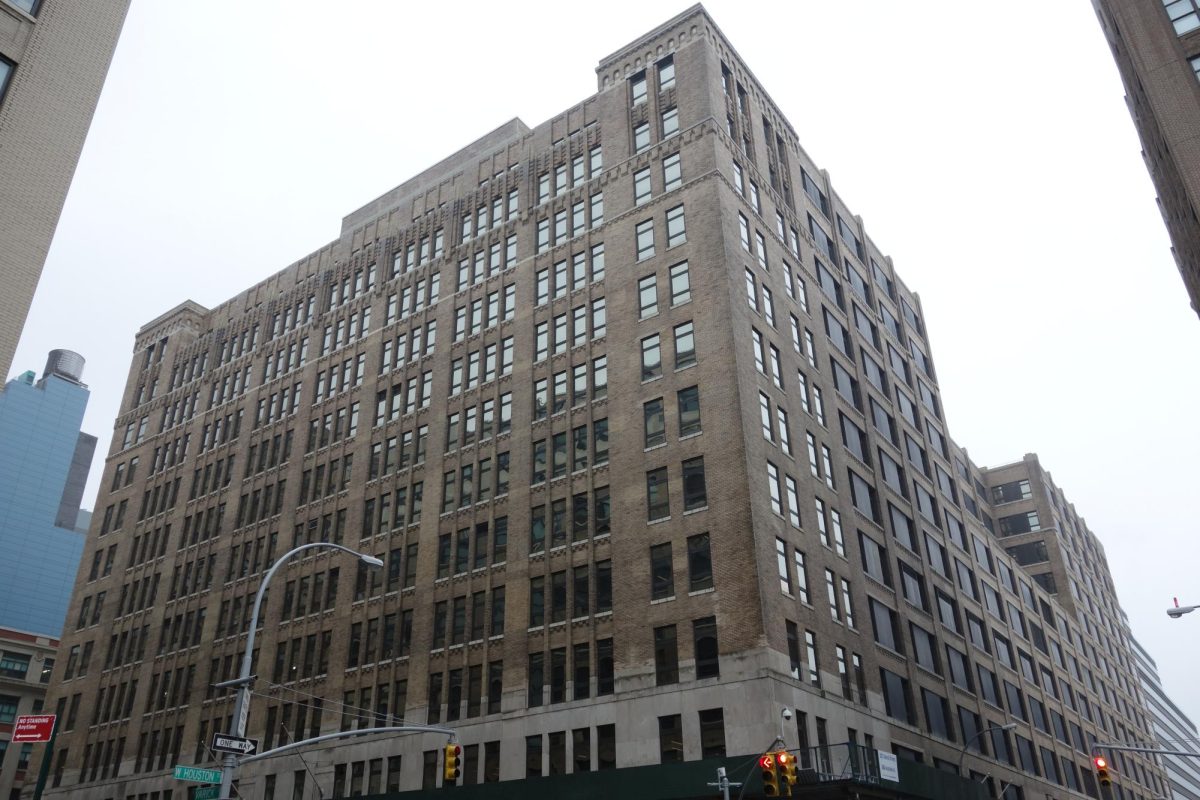Students at the John Jay College of Criminal Justice learned last week of an anti-Semitic incident on campus that happened the morning of March 11.
During an April 9 student council town hall about vandalism at school, a faculty member brought up the fact that a hate crime had been committed on campus a month prior. On March 11, one faculty member discovered a swastika on a wall of a first-floor restroom in one of the campus buildings and then referred the hate crime to his supervisor, the faculty member who presented the incident at the town hall.
The supervising faculty member informed John Jay’s public safety department about the hate crime, and the bathroom was immediately shut down.
Richard Relkin, John Jay’s director of media relations, confirmed that public safety called the NYPD hate crime squad, and the incident is currently under investigation.
The Hillel at John Jay, a Jewish campus organization, released a statement about the matter on its Facebook page last Tuesday, condemning the symbol and letting students know that the club is providing a safe space.
“A swastika is a clear depiction of antisemitism and white supremacy,” the statement read in part.
“This symbol represents the atrocities of Nazi Germany which resulted in the genocide of six million Jews. To our Jewish students, this symbol represents the antisemitism that we are forced to endure in our day to day lives.”
Hillel at John Jay President Natalie Segev, who is also a member of the college’s student council, said she was “extremely hurt” in an interview with The Ticker.
“A swastika is a scary sign but it represents something so much bigger,” she said.
“So as a Jew, when I see a swastika, I view that as like, ‘I want to kill you. I want you off this earth, you don’t have a right to exist.’”
Segev learned of the incident while presiding at the town hall.
Segev said that there was no mass email to students from administrative members, but the president of student council, Jasmine Awad, sent out an email to all students.
“I should not have to write a statement explaining the amount of pain and trauma a swastika brings to our community members,” part of Awad’s statement read.
“But unfortunately there are people in this world that are careless, insensitive, hurtful, and hateful. These symbols and any acts of white supremacy and antisemitism do not belong anywhere in this world, but most importantly, they do not belong on a campus that empowers themselves on being the voice for justice.”
Segev also confirmed to The Ticker that public safety spoke to Hillel club members after the town hall to take questions and explain their rights and what to do in the event of a hate crime.
This act of anti-Semitism is one of several that occurred within the last three academic years, according to Segev and Hillel’s Facebook post.
Other swastikas, according to the post, have appeared in different places on campus.
The college’s Immigration Student Success Center had also been vandalized, Segev said, which was the topic of discussion at the Tuesday town hall before its focus shifted to the most recent swastika incident.
Relkin, the college’s press officer, said he couldn’t give a formal statement to The Ticker in time for print, but was able to say that “President [Karol] Mason was very clear in condemning this type of behavior, that it’s not acceptable.”








